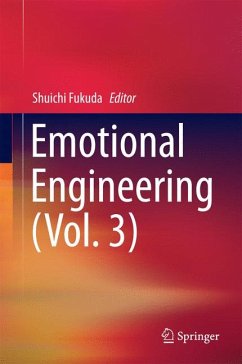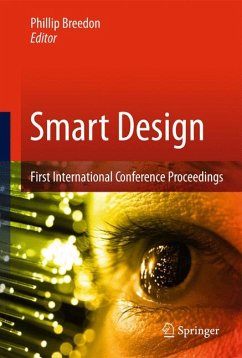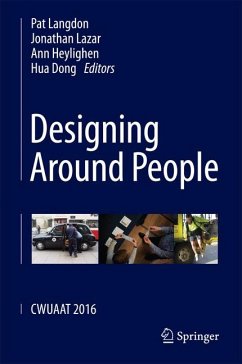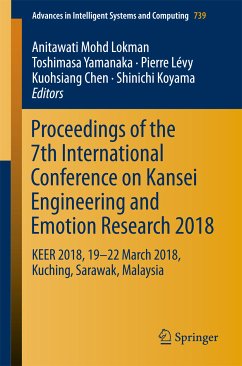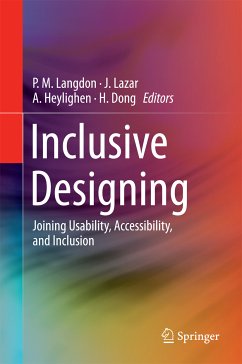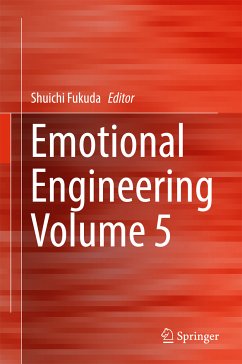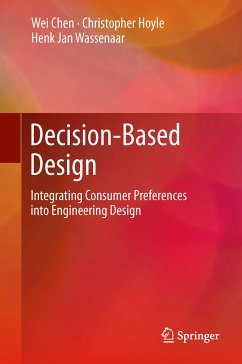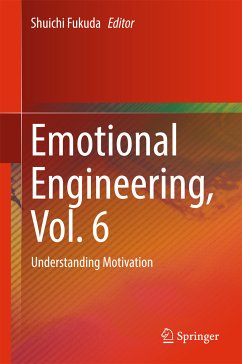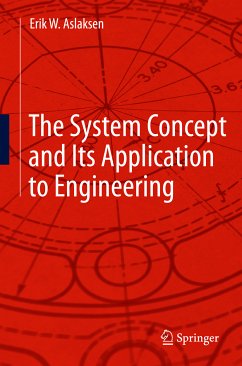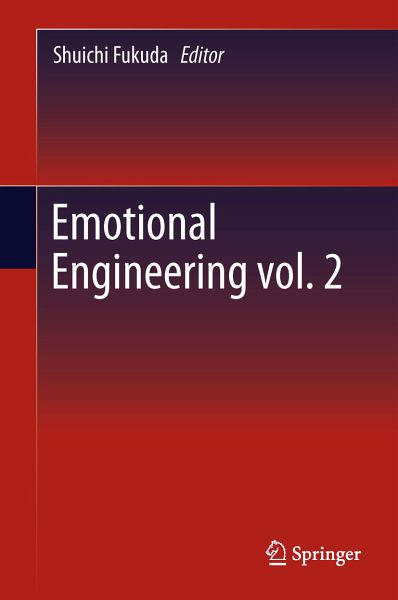
Emotional Engineering vol. 2 (eBook, PDF)
Versandkostenfrei!
Sofort per Download lieferbar
72,95 €
inkl. MwSt.
Weitere Ausgaben:

PAYBACK Punkte
36 °P sammeln!
In an age of increasing complexity, diversification and change, customers expect services that cater to their needs and to their tastes. Emotional Engineering vol 2. describes how their expectations can be satisfied and managed throughout the product life cycle, if producers focus their attention more on emotion. Emotional engineering provides the means to integrate products to create a new social framework and develops services beyond product realization to create of value across a full lifetime.14 chapters cover a wide range of topics that can be applied to product, process and industry deve...
In an age of increasing complexity, diversification and change, customers expect services that cater to their needs and to their tastes. Emotional Engineering vol 2. describes how their expectations can be satisfied and managed throughout the product life cycle, if producers focus their attention more on emotion. Emotional engineering provides the means to integrate products to create a new social framework and develops services beyond product realization to create of value across a full lifetime.
14 chapters cover a wide range of topics that can be applied to product, process and industry development, with special attention paid to the increasing importance of sensing in the age of extensive and frequent changes, including:
Multisensory stimulation and user experience
Physiological measurement
Tactile sensation
Emotional quality management
Mental model
Kansei engineering.
Emotional Engineering vol 2 builds on Dr Fukuda's previous book, Emotional Engineering, and provides readers with a holistic view of its research and applications, enabling them to make strategic decisions on how they can go further beyond product realization. It is recommended for all pioneers in industry, academia and government, who are making tremendous efforts to work with their customers to create value.
14 chapters cover a wide range of topics that can be applied to product, process and industry development, with special attention paid to the increasing importance of sensing in the age of extensive and frequent changes, including:
Multisensory stimulation and user experience
Physiological measurement
Tactile sensation
Emotional quality management
Mental model
Kansei engineering.
Emotional Engineering vol 2 builds on Dr Fukuda's previous book, Emotional Engineering, and provides readers with a holistic view of its research and applications, enabling them to make strategic decisions on how they can go further beyond product realization. It is recommended for all pioneers in industry, academia and government, who are making tremendous efforts to work with their customers to create value.
Dieser Download kann aus rechtlichen Gründen nur mit Rechnungsadresse in A, B, BG, CY, CZ, D, DK, EW, E, FIN, F, GR, HR, H, IRL, I, LT, L, LR, M, NL, PL, P, R, S, SLO, SK ausgeliefert werden.



